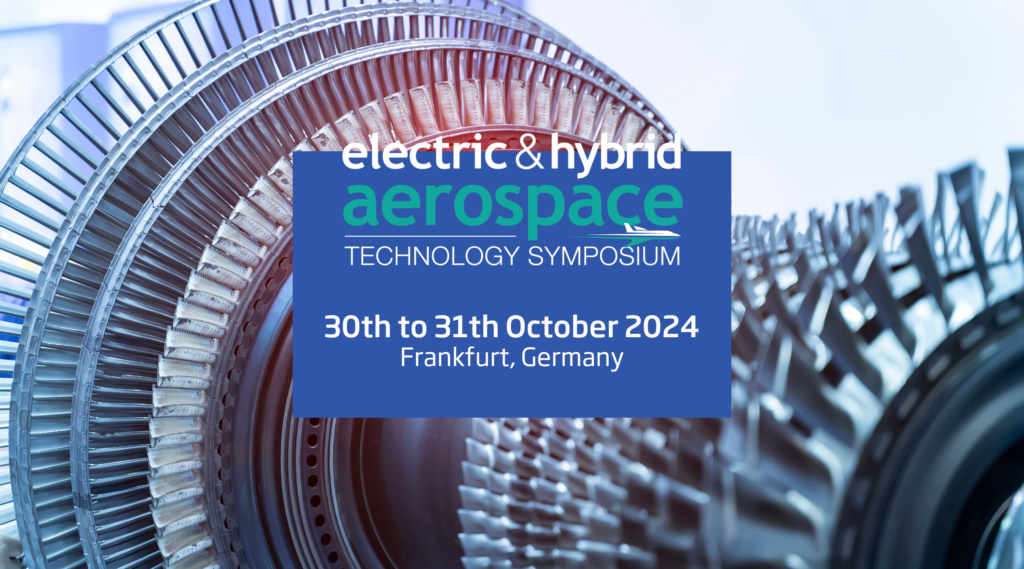The Electric & Hybrid Aerospace Technology Symposium is the leading event for the advancement of electric and hybrid aerospace technologies. Held annually, this premier gathering brings together industry experts, engineers, researchers, and policymakers to explore the latest innovations in electric propulsion, hybrid powertrains, battery technology, and sustainable aviation.
Building on over a decade of experience in supporting the automotive industry’s transition to sustainability, we are excited to bring our expertise to help advance sustainable aviation technologies. Our Q.series X products are widely trusted for testing, validation, certification, and standardization in electric propulsion, battery, and fuel cell technology, including:
- Battery charge/discharge cycle testing
- Battery safety (abuse) testing
- Electrochemical impedance spectroscopy testing
- Power measurement & analysis
- Electric propulsion system testing
- Environmental and thermal testing
This year, the Electric & Hybrid Aerospace Technology Symposium will be held on October 30 & 31, 2024, at Messe Frankfurt, Germany. We invite you to join us for two days of high-level networking and knowledge sharing.
Visit us at Booth 142 to discover how Gantner Instruments can support your journey toward net-zero aviation.
Check out the show layout to plan your visit. We look forward to meeting you there!
More articles
The Battery Show Europe 2025
Curious about Gantner Instruments' latest innovations? Dive into our battery testing blog and discover what we have in store for The Battery Show Europe 2025!
Read more...China International Battery Fair 2023
The path to reduced battery test bench development cycles, more accuracy, and better high voltage isolation starts with Gantner Instruments at China International Battery Fair in Shenzhen, China, from May.16 to May.18, 2023.
Read more...Long term Volcano Monitoring – A field study
Monitoring volcano activity is an important issue in the mitigation of natural hazards. Recently, most fatal issues occurred on volcanoes with low-energy and moderate activity, making them attractive touristic places (e.g., the 2014 Mount Ontake eruption in Japan). For these types of volcanoes, monitoring involves multiphysics measurements on dense networks. Distributed networks of sensors must be easily adapted to the volcano’s evolving state and the appearance of new active areas like fumaroles or high heat flux in the soil.
Read more...Battery Show Atlanta 2025
Advancing Battery Testing with High-Precision Measurement Solutions
Read more...
